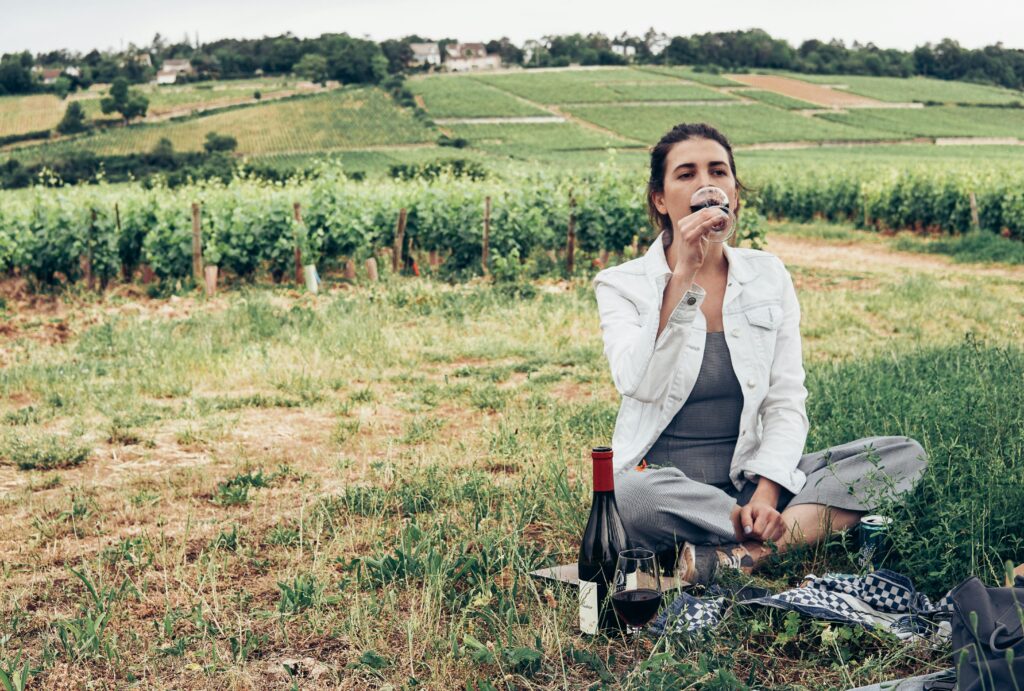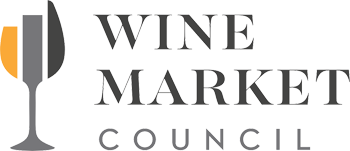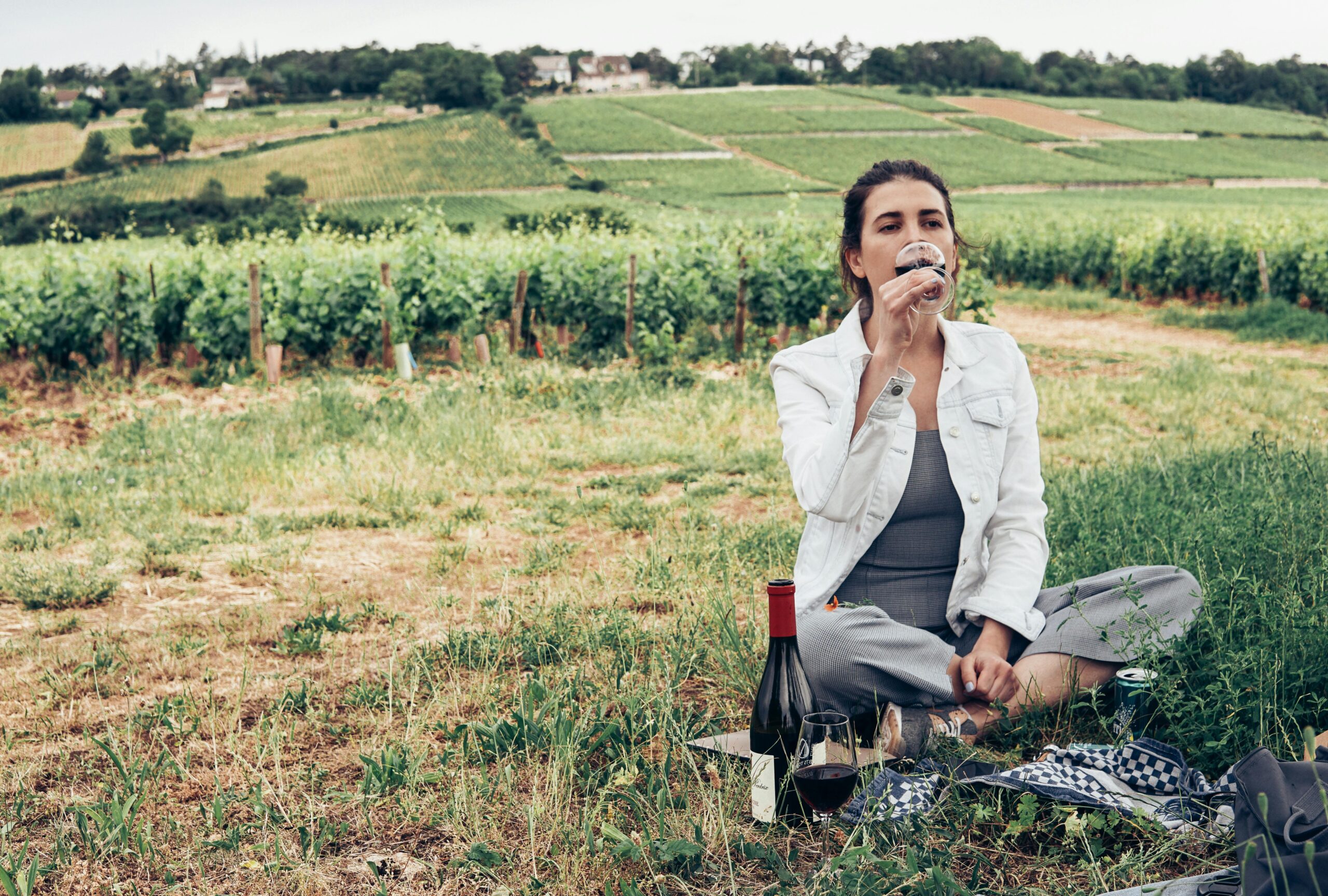This article was originally published in VOICE OF THE INDUSTRY by VinExposium.

Eco-friendly wines (certified sustainable, organic, biodynamic, regenerative, lightweight, etc.) have been growing in consumer importance over the past decade in the U.S. market. However, very few studies have analyzed which components are most important to consumers, and how wine businesses should market them.
With this in mind, Wine Market Council (WMC), a non-profit wine consumer research firm headquartered in Napa Valley, CA, designed a comprehensive nationwide study to explore the motivations and behaviors of U.S. wine drinkers. They worked with research partner, Wine Opinions, to gather the survey data. This resulted in a total of 1,509 U.S. wine drinkers, evenly distributed across the age spectrum, with a modest female skew (55%). Nearly 2/3 of the sample drink wine once a week or more often, the rest of the sample ranged from several times a month to several times a year.
High-Level Findings
After analyzing the data, several important findings became apparent regarding differences in consumer perceptions and usage of eco-friendly products . These included: 1) different consumers have varying motivations to purchase these types of wines; 2) awareness of and understanding is fairly high for leading eco-friendly certifications, low for others; 3) evidence emerged of price premiums they were willing to pay, and 4) limited awareness and understanding of the role of packaging, such as cans, boxes, and light weight bottles.
Each of these are described in the following paragraphs.
Different Motivations for Purchasing Eco-Friendly Wines
“While younger consumers tend to prioritize personal health, older and more frequent wine buyers are primarily driven by environmental concerns,” noted Dr. Liz Thach, MW, President of the Wine Market Council. “But across all segments, the leading motivation is the same: a desire to support the growers and winemakers behind eco-friendly wines.”
The table below shows the percent of respondents who agreed with each of a list of reasons to purchase eco-friendly wines.
Q: Why do you purchase sustainably produced, organic or organic grape wines?
| Want to support farmers/wineries that produce such wines | 66% |
| These wines are better for the earth/environment | 53% |
| These wines are better for me and my family | 36% |
| I’m making a statement about my values | 27% |
| These wines taste better than conventional wines | 26% |
| I’m influencing society or economy by purchasing these wines | 23% |
| Other | 11% |
Two consumer segments showed significant variance from the overall results:
- Infrequent wine drinkers were less likely to cite social reasons such as supporting wineries or concern for the environment, particularly if aged under 40 (-10%).
- Consumers under 40 were significantly more likely to cite “better for me” & “taste better” (both 41%) as reasons for purchase.
Understanding the Language of Sustainability
Despite rising interest in sustainable wines, terminology remains a barrier. While terms like “organic grapes” (73%) and “organic wine” (63%) are widely understood, only 25% of consumers reported familiarity with “regenerative,” and fewer than half were clear on “biodynamic” (36%) or “natural wine” (41%).
“The good news,” explained Christian Miller, Research Director at WMC. “is that a significant portion of consumers who are unfamiliar with or haven’t tried these wines—up to 58% depending on certification—were interested in trying or buying them. But clearer labeling and promotion are key to converting interest into purchase. The leading reason among those who had not tried them was they rarely or never notice them in the market.”
The takeaway: wineries and retailers must prioritize accessible, intuitive language and visible certifications—both on shelf and online.
Transparency at the Table: What Consumers Want on the Label
Labeling has emerged as a pivotal point of consumer engagement. When asked what information on a label could “influence their purchases” of food or wine, respondents consistently ranked “no artificial ingredients,” “natural ingredients,” and “recyclable or biodegradable packaging” among their top priorities.
| Type of Label Information | Food | Wine |
| No artificial ingredients | 87% | 70% |
| Natural ingredients | 89% | 65% |
| Recyclable or biodegradable packaging | 89% | 63% |
While ingredient transparency remains a sensitive issue in the wine industry, this data indicates a growing consumer appetite for clarity—especially among the health- and planet-minded younger demographic. Notably, even for wine 45% of consumers also expressed interest in sugar content, 38% in calorie information, and 37% in carbohydrate levels.
Eco-Wine Purchasing Trends: Generational Divide, Premium Potential
Currently, 35% of U.S. consumers report regularly or occasionally buying sustainably produced wines, while 41% do the same for wines made with organic grapes. Awareness and availability remain hurdles for biodynamic and regenerative wines, which saw lower purchase rates.
Younger consumers (ages 21–39) lead the way in natural wine purchases, with 35% reporting recent buys—compared to just 13% of Baby Boomers.
WMC’s pricing experiment revealed further opportunity: consumers are willing to pay a significant premium for wines with sustainable credentials. Participants were given a hypothetical purchase situation for a wine of their preferred variety, with all attributes held the same except the production method. Except for the high and low points of the pricing scale, purchase interest was consistently higher at any given price for the sustainably produced wine over the control (conventional) version, viewing them as offering enhanced value.
Packaging and the Carbon Conversation
With 46% of consumers identifying packaging as a key contributor to environmental impact, this often-overlooked detail presents a meaningful opportunity for differentiation. But here too, some education is needed; 36% are unsure of its impact, 16% are skeptical and 23% believe recyclability is the main impact. However, after being exposed to a couple of sentences on the energy/carbon impact and environmental benefits of lightweight packaging, purchase interest was quite high for the following packages:
- 76% would likely purchase wines in lightweight bottles (4 or 5 on a 5-point scale)*
- 43% would likely purchase boxed wine
- 35% would likely purchase wine in cans
This includes many consumers who were initially uncertain about packaging’s role—a majority of those who were uncertain as to packaging’s impact and over 1/3 of those who were skeptical.—clearly suggesting that education and storytelling around packaging can shift consumer behavior in measurable ways.
Strategic Implications for the Global Wine Sector
The WMC’s latest study offers clear messages to producers and brand owners. A major need is for clear, transparent labeling, promotion and merchandising to enable consumers to identify and find eco-friendly wines and be exposed to their benefits. It is also important to remember that consumers have different motivations for purchasing the wines, and marketing strategies should be adapted to meet these different needs .
For global brands looking to expand or strengthen their presence in the U.S. market, adapting to consumer preferences will be essential for relevance and growth in the decade ahead.
Explore the Full Report: Exclusive Access for WMC Members
Wine Market Council, a nonprofit research organization, has tracked U.S. wine consumer trends since 1996. Membership provides access to exclusive reports such as the 2025 Eco-Friendly Wine Study, along with webinars offering expert insights and actionable recommendations for sales and marketing strategies. The full Eco-Friendly wine report includes details on the attitudes of buyers and non-buyers of such wines, their beliefs and behavior on environmental issues and food/drink purchasing, differentiation between organic and sustainable production, and details of the pricing experiment; all broken down by demographic and wine purchasing segments.
Annual memberships start at just $400 for small wineries. Learn more at winemarketcouncil.com/join or contact Janet Becker at .
About the Authors
Dr. Liz Thach, MW is President of Wine Market Council. She has worked in the wine industry since 2000 as a wine business professor, award-winning writer, and consultant. Over the years she has participated in more than 70 major international wine research projects, has published over 300 articles, 9 wine books, and made over 100 presentations around the world. She can be contacted at .
Christian Miller is Director of Research for Wine Market Council. He has worked in the wine business for over two decades, including brand management, market and economic research for large and small wine brands and regional organizations. Christian holds an MBA from Cornell and managed the U.C. Davis/OIV Wine Marketing Course from 2008-2023.

